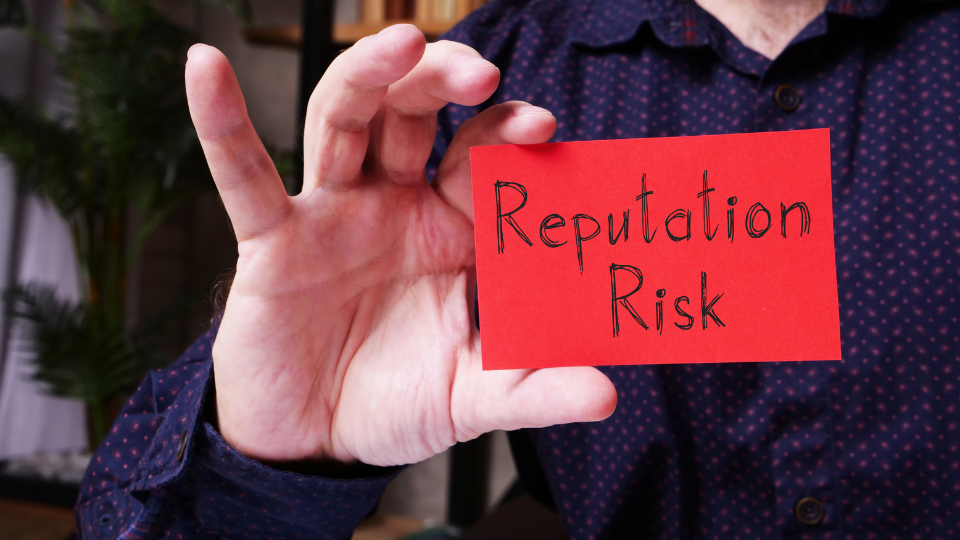Reputation risk in the context of capital markets refers to the potential loss of value or damage to a company’s brand or reputation due to negative publicity or events. This risk can arise from a variety of sources, such as fraud, misconduct, product recalls, environmental disasters, or unethical business practices. The damage to a company’s reputation can have far-reaching consequences, such as a decline in share price, loss of customers, or difficulty in attracting new investors or talent.
One example of reputation risk in the capital markets is the scandal involving the German automaker Volkswagen in 2015. It was discovered that the company had installed software in its diesel vehicles to cheat on emissions tests, leading to a public outcry and regulatory investigations. As a result, the company’s stock price plummeted, and it faced billions of dollars in fines, lawsuits, and recall costs. The incident also damaged the company’s reputation as a trusted brand, leading to a decline in sales and a loss of market share.
Strategies to manage reputation risk in the capital markets include maintaining transparency and ethical business practices, developing crisis management plans, regularly monitoring and addressing potential issues, and building a strong brand and positive reputation through responsible corporate behavior and effective communication with stakeholders. Companies can also implement reputation risk insurance or partner with third-party risk management firms to assess and mitigate potential reputation risks.
Some strategies to manage reputation risk in the capital market are:
- Establish a strong corporate governance framework: Companies with a strong corporate governance framework, including transparent policies and ethical standards, are less likely to be associated with negative events that can damage their reputation.
- Implement effective communication strategies: Clear and timely communication with stakeholders, including investors, regulators, and customers, can help manage the impact of negative events on the company’s reputation.
- Build a positive brand image: Companies that invest in building a positive brand image and reputation through marketing, social responsibility initiatives, and community involvement are more likely to have a buffer against reputation risk.
- Monitor and manage online presence: In the digital age, social media and online forums can have a significant impact on a company’s reputation. Companies should monitor their online presence and respond quickly to any negative comments or feedback.
- Invest in employee training and development: Employee behavior can also affect a company’s reputation. Investing in employee training and development can help build a strong corporate culture and promote ethical behavior among employees.
- Maintain a crisis management plan: Having a crisis management plan in place can help companies respond quickly and effectively to any negative events and minimize the impact on their reputation. The plan should include steps to identify and address potential reputation risks before they escalate.


